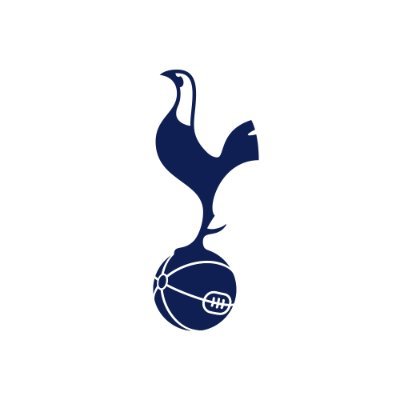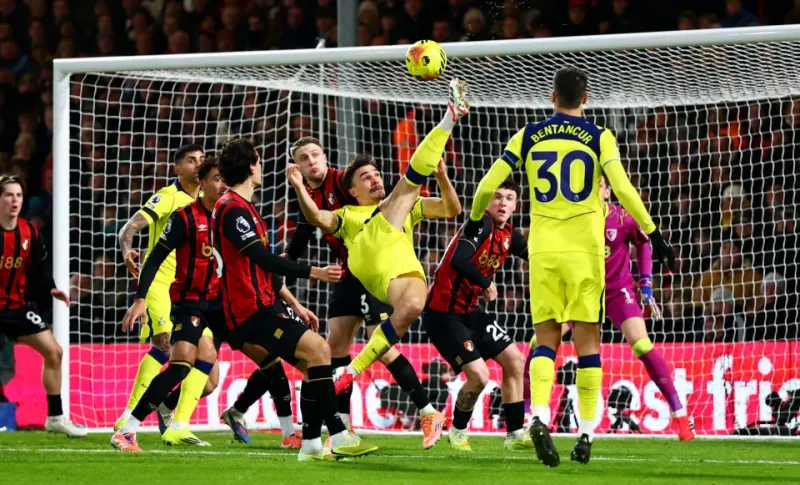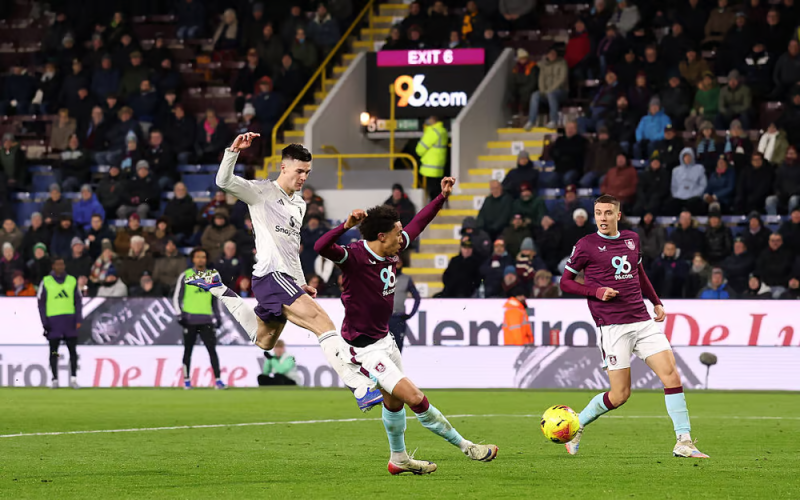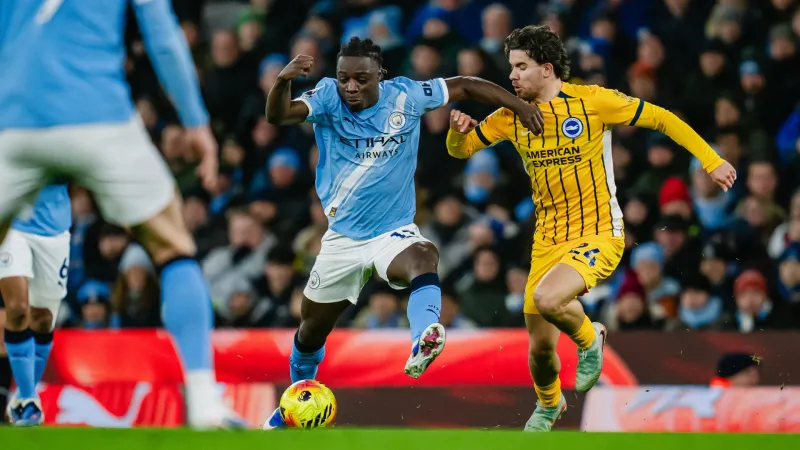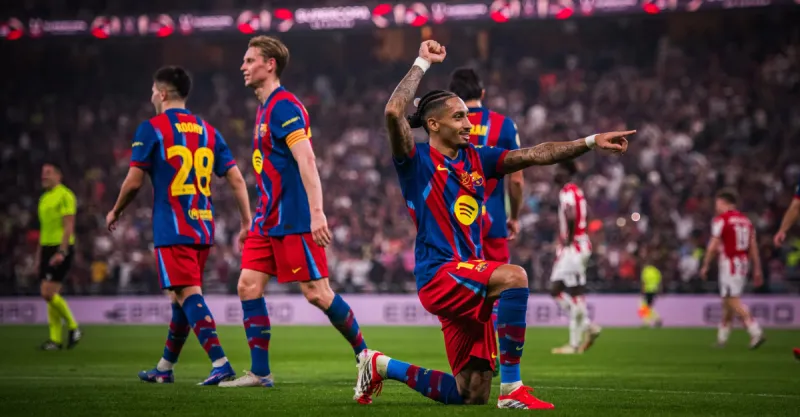Arsenal’s manager Mikel Arteta is under pressure. With the Gunners bottom of the league after three games, there are plenty of calls for his head.
But after investing heavily on young players who fit a particular system and have a huge potential upside, it would be foolish to throw that all away in a knee-jerk reaction to short-term results.
If Arsenal do replace Arteta, it needs to be with someone who fits their long-term strategy.
In other words, they shouldn’t make the same mistake as their North London rivals.
Jose Mourinho has won trophies at pretty much every club he has been at apart from Tottenham Hotspur.
He was seen as the missing ingredient that could finally win Spurs a trophy that they couldn’t manage under Mauricio Pochettino.
But instead Spurs seemed to take a step backward.
Soccer consultant Mads Davidsen says this is because to reach that next level, Spurs needed capital, competency and consistency.
And for a while, Spurs had none of them.
In the book “How Hard Can It Be? – Strategies In Football On And Off The Pitch”, co-written with former FC Copenhagen CEO Dan Hammer, Davidsen points out that about 70% of a club’s success is down to finances, with the other 30% being made from competent management and luck.
Spurs couldn’t reach the top level because they couldn’t compete financially with Chelsea and the two Manchester clubs, in a large part due to building a new stadium which should help them narrow that financial gap and compete on a higher level in the long term.
Under this long-term approach, they were achieving right at the top given their budget, the only way for them to improve was for the owners to invest more.
To instead fire Pochettino and then hire a manager with a completely different style as soon as Spurs had their first dip in form was incredibly short-term thinking.
Tottenham Hotspur's former manager Jose Mourinho
Tottenham Hotspur tried to take a shortcut to the top by hiring Jose Mourinho but that plan ...
Basically, Spurs tried to take a shortcut by bringing in Mourinho, but that actually delayed their previous strategy.
So what makes someone like Daniel Levy who is known for his business acumen, and who had the long-term foresight to go down the route of building a new stadium, suddenly make such an out-of-character decision?
Davidsen says that while it sounds easy for a business-minded club owner to ignore short-term results and instead follow a long-term plan, so many clubs fail to do this.
That’s partly because the people at soccer clubs who should be thinking long-term, the owners, the board, the sporting directors, all got into soccer in the first place because they want to think short-term.
His book highlights this with the example of former Sunderland chairman Stewart Donald, who paid spectacularly over the odds for forward Will Grigg despite even the club’s manager Jack Ross saying Grigg wasn’t worth the money.
Spurs were set back by their short-term thinking, hiring a manager who objectively is very good, but who didn’t fit the club’s style or long-term approach. Davidsen says “very few clubs are successful when they go against their history, their DNA.”
Now, Spurs’ local rivals could make the same mistake.
Arsenal’s transfer market strategy recently has been to focus on young players with the potential to go right to the very top.
It might not have looked like it when Ben White struggled against Premier League newcomers Brentford on the opening weekend, but many see him as being one of the best center-backs in the world in a few years.
That’s why Arsenal paid more for him than Manchester United did for Raphael Varane.
The problem is, Arsenal have spent so long neglecting their long-term strategy that they are starting from a very low point, and even if their strategy works out, it will take them a few seasons before they’re challenging those at the top.
Under Arsene Wenger, the Gunners overachieved while spending very little due to the construction of the Emirates. Having such a long-term coach like Wenger can help bring stability and a coherent long-term strategy. But with the strategy so closely tied to the manager, there is a risk that once they leave, the club becomes directionless. This happened at Arsenal and also at Manchester United when Alex Ferguson left.
Arsenal have tried to rectify this, bringing in Edu as a technical director in 2019, and despite far too many expensive false starts like signing Willian in 2020, their investment now seems to be looking at the longer term.
The question is whether they have staff who are competent enough to pull this off. If the scouting network isn’t up to scratch then they could have recruited poorly despite their huge spending. And if the manager isn’t good enough, then they will struggle on the pitch anyway.
But regardless of whether Arteta is the right man for the job, the worst thing Arsenal could do now would be to copy Spurs and hire a new manager who doesn’t fit their squad or long-term strategy.
Looking for a short-term fix could instead set them back years, especially if the new manager doesn’t fit the club’s style of play and allows all their recent expensive recruitment to go to waste.
